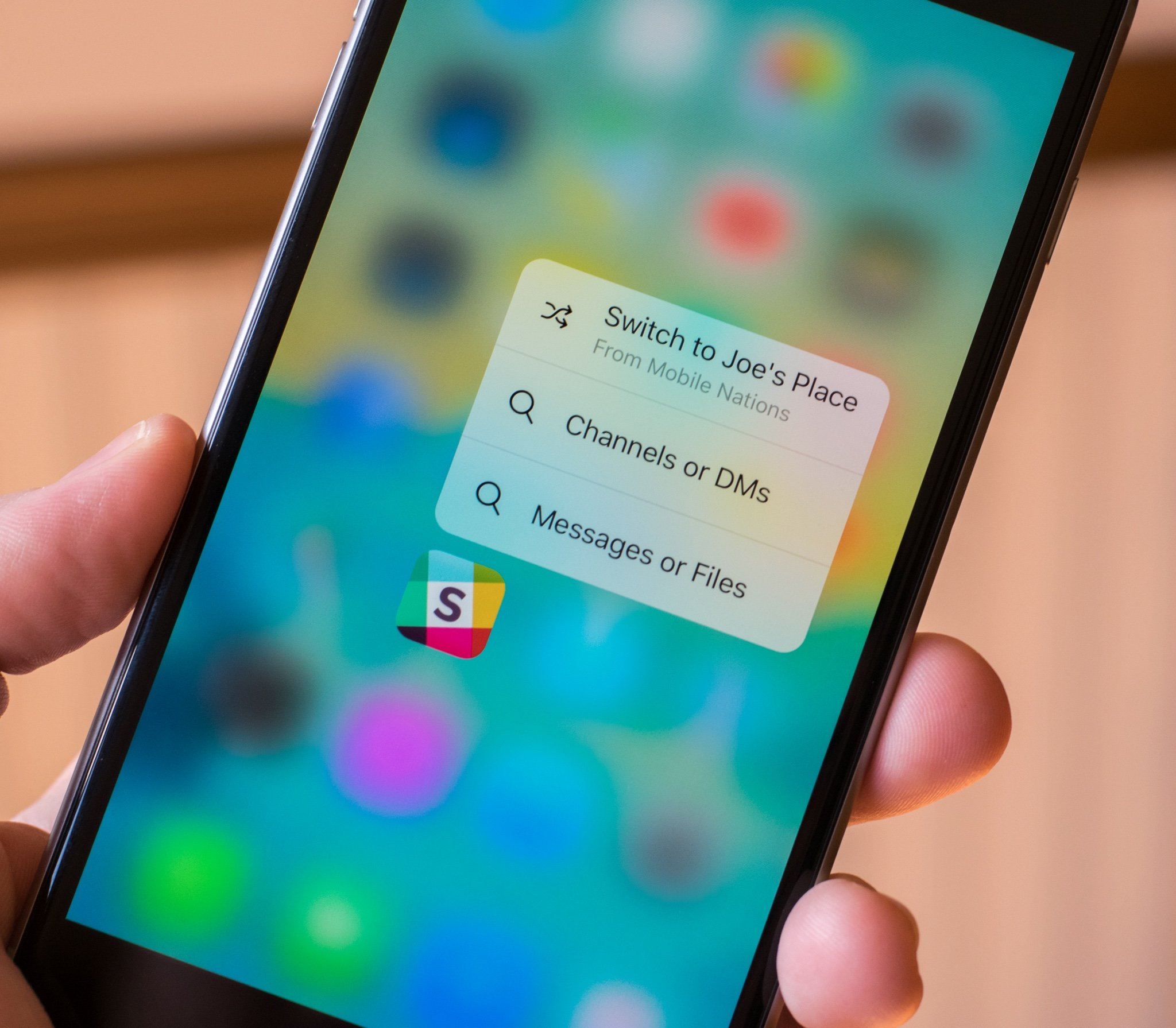Report details how Slack makes it easier for Apple employees to break ranks

What you need to know
- A new report looks into how Apple's growing use of Slack has changed the way its employees communicate.
- People reportedly now talk to employees that they might not normally be able to.
- It's thought that the communication channels Slack has opened the door to more discussions surrounding problems within Apple.
Apple employees have been at the center of stories relating to working conditions over the last few months, not least when a group called on Apple to rethink plans to bring people back to the office during the COVID-19 pandemic. Now, a new report has given insight into why we might be seeing more outspoken Apple employees than ever — and it's all down to Slack.
While Apple employees normally keep their issues in-house, that's been changing considerably in recent months. According to a new report by The Information, we can thank Slack for a change in the way Apple employees communicate — potentially allowing them to gather stories from people and teams that might otherwise not be possible. The result? A rising number of people feeling the need to speak out.
As the report notes, Apple's sheer size and international presence mean that people can't normally talk to other teams easily. But the arrival of Slack has changed all of that.
Before Slack, it was difficult for employees to talk to somebody who works in retail unless you went to the store," said Cher Scarlett, a software engineer on Apple's global security team. "It was impossible to talk to someone who works in hardware as I don't work with anyone there. You're giving people a platform that allows them to connect with people they wouldn't ordinarily connect with.
The report goes on to say that there are more than 3,000 channels in Apple's Slack right now and that some of those channels have upwards of 10,000 people in them. That's a level of collaboration that's unheard of within Apple — a company that has historically relied on in-person meetings and collaboration. With people now talking across teams and countries, they're learning of issues they believe need to be raised. And raise them, they are.
Cher Scarlett is a software engineer on Apple's global security team and has been particularly vocal on Twitter. They say Twitter and Slack have been game-changers for the way Apple employees communicate away from their desks, meeting rooms, and hallways.
Scarlett told the Information that Apple's culture of secrecy was good for keeping new products under wraps, but not great for employee organizing. "Slack and social media have been absolutely the biggest catalyst in giving workers the ability to organize," she said.
The full report over on The Information is absolutely worth a read because it gives us a rare glimpse inside Apple and the way it works.
Slack is undoubtedly one of the best Mac and iPhone apps for staying in touch with remote co-workers. But it's clear it's changing the way Apple's employees communicate in ways it might not have anticipated.
iMore offers spot-on advice and guidance from our team of experts, with decades of Apple device experience to lean on. Learn more with iMore!

Oliver Haslam has written about Apple and the wider technology business for more than a decade with bylines on How-To Geek, PC Mag, iDownloadBlog, and many more. He has also been published in print for Macworld, including cover stories. At iMore, Oliver is involved in daily news coverage and, not being short of opinions, has been known to 'explain' those thoughts in more detail, too.
Having grown up using PCs and spending far too much money on graphics card and flashy RAM, Oliver switched to the Mac with a G5 iMac and hasn't looked back. Since then he's seen the growth of the smartphone world, backed by iPhone, and new product categories come and go. Current expertise includes iOS, macOS, streaming services, and pretty much anything that has a battery or plugs into a wall. Oliver also covers mobile gaming for iMore, with Apple Arcade a particular focus. He's been gaming since the Atari 2600 days and still struggles to comprehend the fact he can play console quality titles on his pocket computer.
